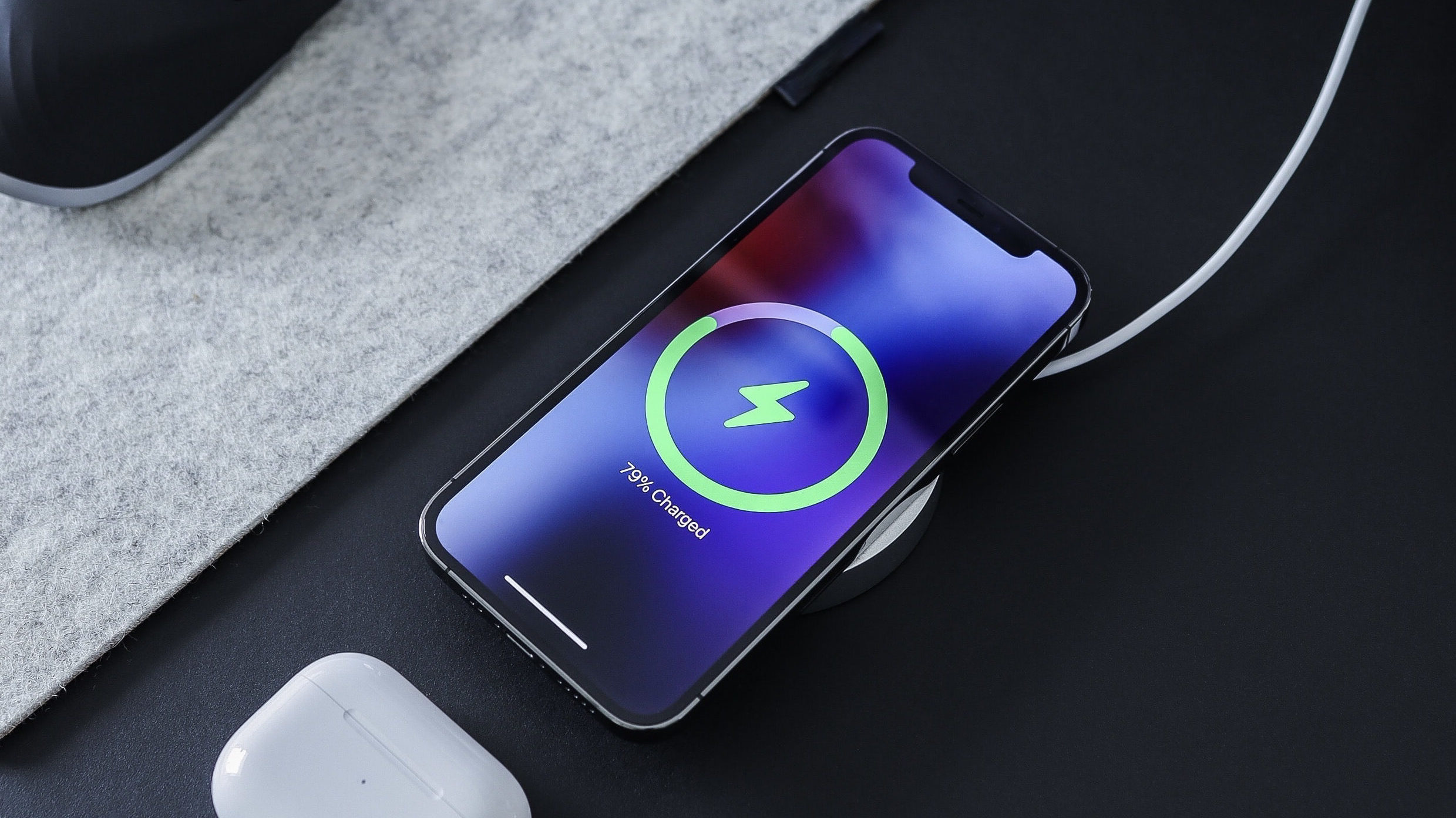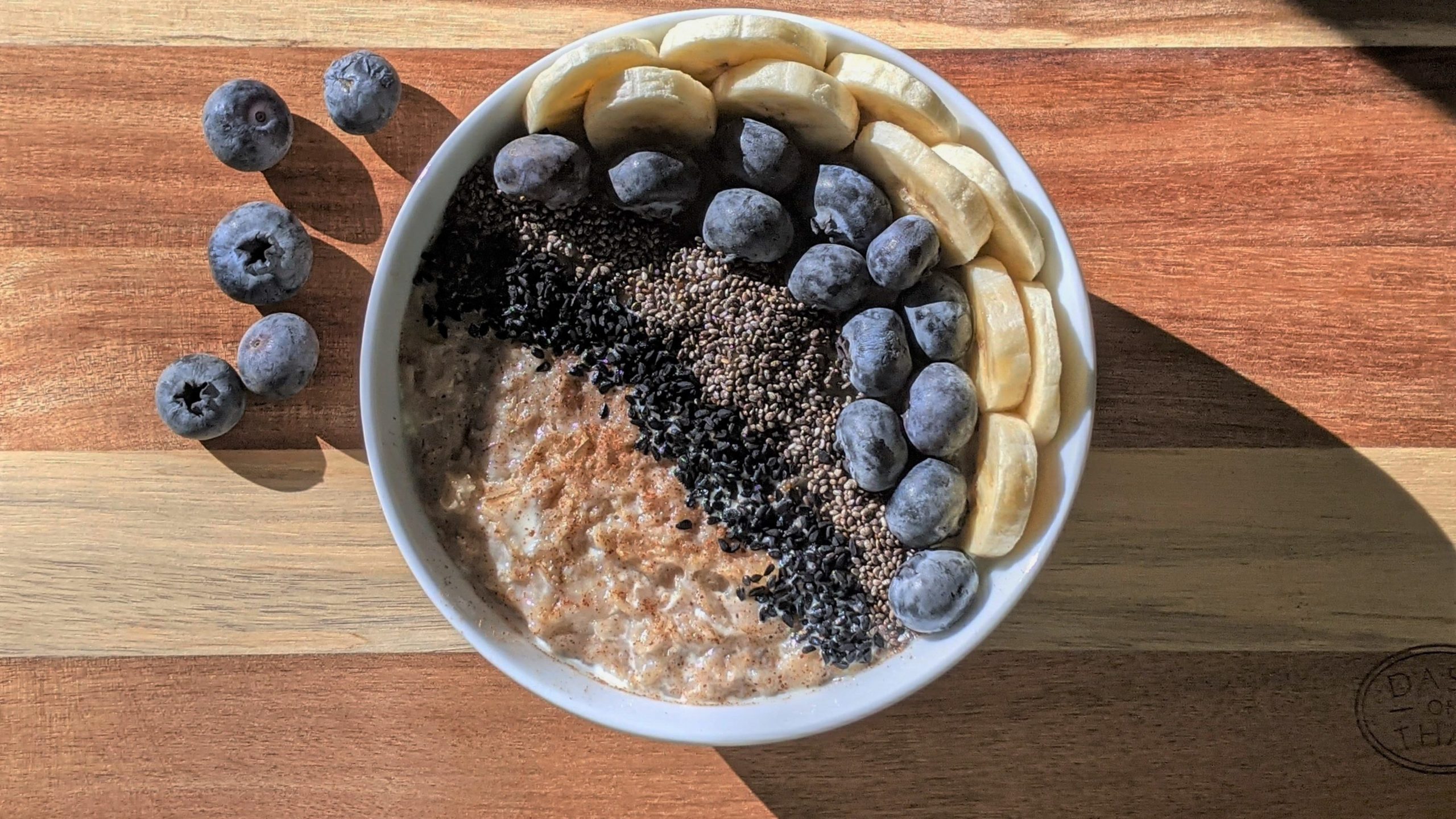Here you'll find helpful information about leadership, personal growth, and habits you can implement on your coaching journey.
Lots of topics to explore
welcome to
Peregrine Blog
healthy habits
Personal growth
leadership
inspiration
It’s the end of January, the month of new beginnings, good intentions, and New Year’s Resolutions. Most of us find ourselves in one of three camps at this point. 1) You have given up on your resolutions, your good intentions, and the illusion of new beginnings. 2) You are starting to feel the grind of repetition that’s needed to keep your resolutions for the long run. 3) You are smugly patting yourself on the back because you chose not to make any resolutions.
Regardless of where you stand on New Year’s Resolutions, one of the key factors for determining successful outcomes in our lives is our capacity, our personal store of energy.
Capacity Equals Energy

Obviously, this equation (capacity = energy) is an oversimplification. There are other things that play into our capacity. For instance, there is our skill level and familiarity with the tasks we’re doing. Or there is the issue of available resources, or the total demand on our time. However, I put our personal store of energy front and centre for two reasons. First, it is often the element of capacity that we pay the least attention to. Second, our personal store of energy is the element we have the most scope to exercise our agency to address. Given that it is the element we can most readily change, the fact that we ignore it is a significant problem.
First, let’s define some terms. We are talking about “capacity”. Here I am using that word to indicate our ability to engage in the tasks of life and work. Whether we can engage in those tasks at all, marginally, or optimally, is going to have a lot to do with the amount of energy we have available to give to them. Think of the battery indicator on your phone or the fuel gage in your car. Unlike a phone or car, when our battery is low our competence begins to decrease. We lack the energy to do tasks well (or as well as we would like). In the most serious cases, like burnout, we reach a point where we simply stop functioning.
Fuel Up
It’s clear that energy is important. We know we should get proper sleep and eat well, but what do we do beyond that to keep those batteries and fuel tanks topped up? Our goal should be to create a rhythm of regularly recharging ourselves. This rhythm is a series of interconnected practices that keep us fueled up to engage the tasks of life and work and pursue our goals. Making a habit of these practices will regularly boost your energy and you’ll increase your capacity.
A food analogy will help.
Dailies

The first practice to develop is “dailies”. Dailies are quite obviously the energizing activities you want to do on a daily basis. This is a small set of activities that you enjoy and feel energized by. Your dailies are the emotional, physical, and spiritual equivalent of having three meals a day. And they could be anything – a walk, a trip to the gym, twenty minutes with your Bible and a cup of coffee – anything! The key, however, is that they are something you want to do. If you choose activities that you should do or that someone else is tell you to do, they won’t have the same impact.
To put dailies into practice, brainstorm two or three activities you want to experiment with. Then schedule them into your days at the beginning of every week. Keep working with them until they become habit.
Anchor Activities

The next practice to incorporate is “anchor activities.” These are activities that act like anchor points to moor your schedule throughout your week or month. These are activities that perhaps take a little more time and effort, but which give you a bigger (or just different) hit of energy than the daily activities. Anchor activities are the emotional, physical, and spiritual equivalent of adding in one vegetarian meal every week. Again, these could be anything: a monthly hike/hillwalk, date night with your partner, coffee with your best friend, your regular gym sessions.
To choose your anchor activities, take ten minutes to do some reflection. Sit down and think back over the last four months. What were the activities that took a little more planning or effort but always left you feeling pumped up or totally mellowed out and de-stressed? Once you’ve decided on the activities you want to use to anchor your week or month put them in your calendar for the next month. Think about the frequency and about your other commitments. When you land on an arrangement you are comfortable with trying, lock it in.
What do I mean by “lock it in”? I mean do not compromise on those activities for at least one month. Don’t reschedule because something (other than a legitimate emergency) comes up. If you fall off the bandwagon one week, give them another shot the next week. Remember their purpose is to give you more capacity to engage the tasks of life and work. They have value even if they seem frivolous. (See this BBC article for new research into the importance of play.)
Refreshers

A third habit to weave into your schedule is “refreshers”. These are small activities, between 5-20 minutes, that you can use to refuel when you have a few spare minutes in-between tasks in your day. These refreshers are the emotional, physical, and spiritual equivalent of a snack or cup of coffee in the middle of the afternoon. Rather than address the actual afternoon slump, these refreshers are about creating a repertoire of energy boosting activities that you draw on to turn downtime into an opportunity to recharge.
These refresher activities could be (once again) literally anything. I use the mindfulness app on my smart watch. A friend of mine people watches when working from a café. During the summer my husband would go pull weeds for ten minutes in between meetings. Someone else I know treats themselves to a five-minute dance party in their office.
Start to compile a list of small things that recharge you. Create a grab bag of ideas you can use in different settings. Then choose one or two to start practicing with this week. You may have to schedule them in at first (a pop-up reminder on your phone can work wonders). The goal is to work towards seeing the opportunities in the gaps between scheduled moments.
SIDEBAR:
Related to refreshers is leveraging playlists to help you do particular tasks. I have two albums that I regularly go to on Spotify when writing lighter pieces; and I have one that is just for heavy-lifting work. Music therapist and motivational speaker Jennifer Buchanan has written two excellent books (Tune in and Wellness, Wellplayed) that dive into this topic.
Retreats

The last of these interconnected practices is “retreats”. These are quarterly or semi-annual breaks. Ideally they are in a location other than your home or work. During a retreat you drop out of the regular pace of life and take time to attend to the bigger picture. Retreats are the emotional, physical, and spiritual equivalent of the big celebration meals in our year (or the ideal of what they should be). They are times to reflect on the past, breathe and decompress – you know, actually be human – and look ahead to the future.
These may or may not be the same thing as a holiday. That depends entirely on your personality, profession, age, and stage of life. If a quarterly retreat seems overwhelming, start with one. Identify the people whose support you need to make a retreat happen and plan when to have conversations with them about a retreat. Think about the kinds of environments that would be most recharging. Plan for two full days (which might require three nights). Then book something.
Once you’ve tried a retreat, reflect back on the experience and decide what frequency and duration would be the most helpful to experiment with.
Take Courage
A regular, interconnected rhythm of these practices can significantly increase your capacity. It can be the thing that takes good intentions and resolutions from the realm of “great idea” to “lived reality”. This blog has given you the framework. I want you to take courage that you CAN actually experiment with these habits. And if you do, you will see them make a significant difference in your life.
You may feel lost in the process. You might struggle to know how to make this work with the demands of your schedule. Or maybe you read this blog and discover you don’t know what gives you energy. Relax. I can help. Book an explore session and see how coaching with me can give you concrete ways to engage the tasks of life and work more optimally.
All Rights Reserved Peregrine Coaching & Consulting 2022© | Privacy Policy
Designed With Love by Hoffman Creative Co.